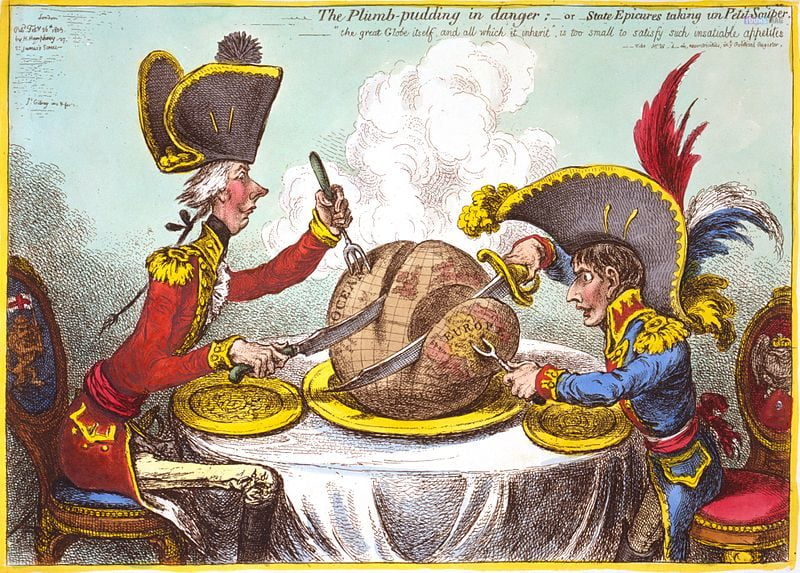Cartoon History: Cartoons are a form of visual entertainment that people of all ages have enjoyed for decades. The term “cartoon” referred initially to humorous illustrations in newspapers and magazines. Still, it has since evolved to encompass various visual media, including animated television shows, movies, and web series.
More about Cartoon History
Read the articles: Definitions of Cartoons, Story of Cartoon, and History of Cartoon
Early History
The history of cartoons can be traced back to ancient civilizations, where people were used to telling stories and conveying messages through images. However, the modern concept of cartoons originated in the 19th century with the rise of caricature artists such as Honoré Daumier and Thomas Nast, who used their drawings to comment on politics and social issues.
The first animated cartoon was created in 1906 by J. Stuart Blackton, a British-American filmmaker. The short film “Humorous Phases of Funny Faces” featured a series of hand-drawn images manipulated to create the illusion of movement.
Golden Age of Cartoons
The 1930s to the 1950s are considered the “Golden Age of Cartoons.” During this time, animated shorts were popular entertainment in movie theaters, and characters such as Mickey Mouse, Bugs Bunny, and Donald Duck became household names.
Cartoons from this era were people often made with a limited budget and relied on repetitive gags and slapstick humor. However, they also showcased groundbreaking animation techniques and introduced innovations such as synchronized sound and Technicolor.

Decline and Rebirth
The popularity of animated shorts declined in the 1960s and 1970s as television became the dominant form of entertainment. However, cartoons experienced a resurgence in the 1980s with the rise of cable television and the introduction of new characters such as the Teenage Mutant Ninja Turtles and the Simpsons.
Today, cartoons continue to be a popular form of entertainment across various platforms, from television shows like SpongeBob SquarePants and Adventure Time to web series like Homestar Runner and Cyanide & Happiness.
Impact on Society
Cartoons have significantly impacted society, both as a form of entertainment and a reflection of cultural and social values. They have been used to convey messages about politics, education, and social issues, influencing popular culture in various ways.
Cartoons have also played a crucial role in developing animation as an art form, inspiring countless artists and filmmakers to push the boundaries of what is possible with energy.
Conclusion
Cartoons have a rich and varied history spanning centuries, from the early caricature artists of the 19th century to today’s animated shows. They have entertained audiences of all ages and played a significant role in shaping popular culture and the art of animation. While the medium has evolved, the core appeal of cartoons remains the same: to tell stories and make people laugh.




![For [Ongoing] Armenian Genocide Memorial Day 20 Eager Spectators scaled - For [Ongoing] Armenian Genocide Memorial Day](http://i0.wp.com/www.toonsmag.com/wp-content/uploads/2023/04/Eager-Spectators-scaled.jpg?resize=150%2C150&ssl=1)
One Comment